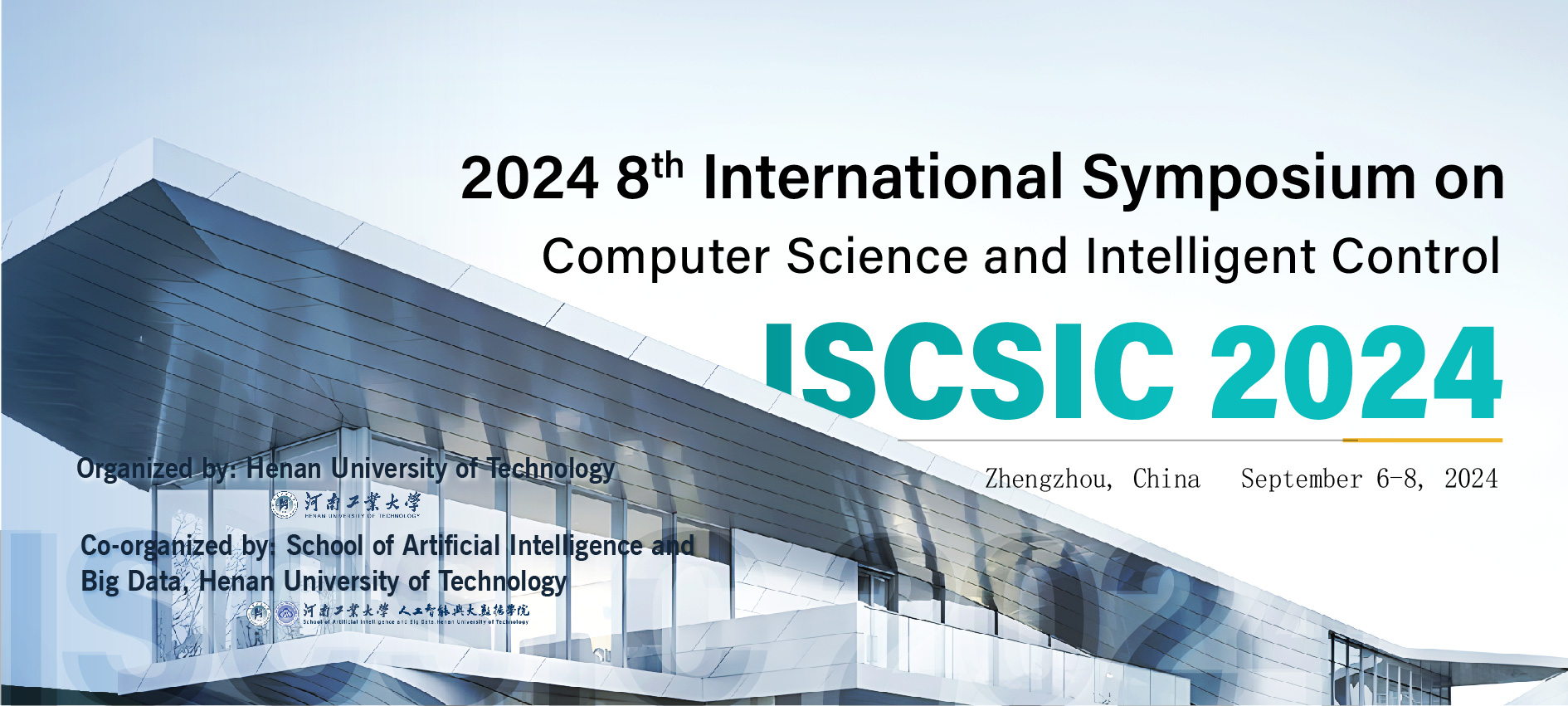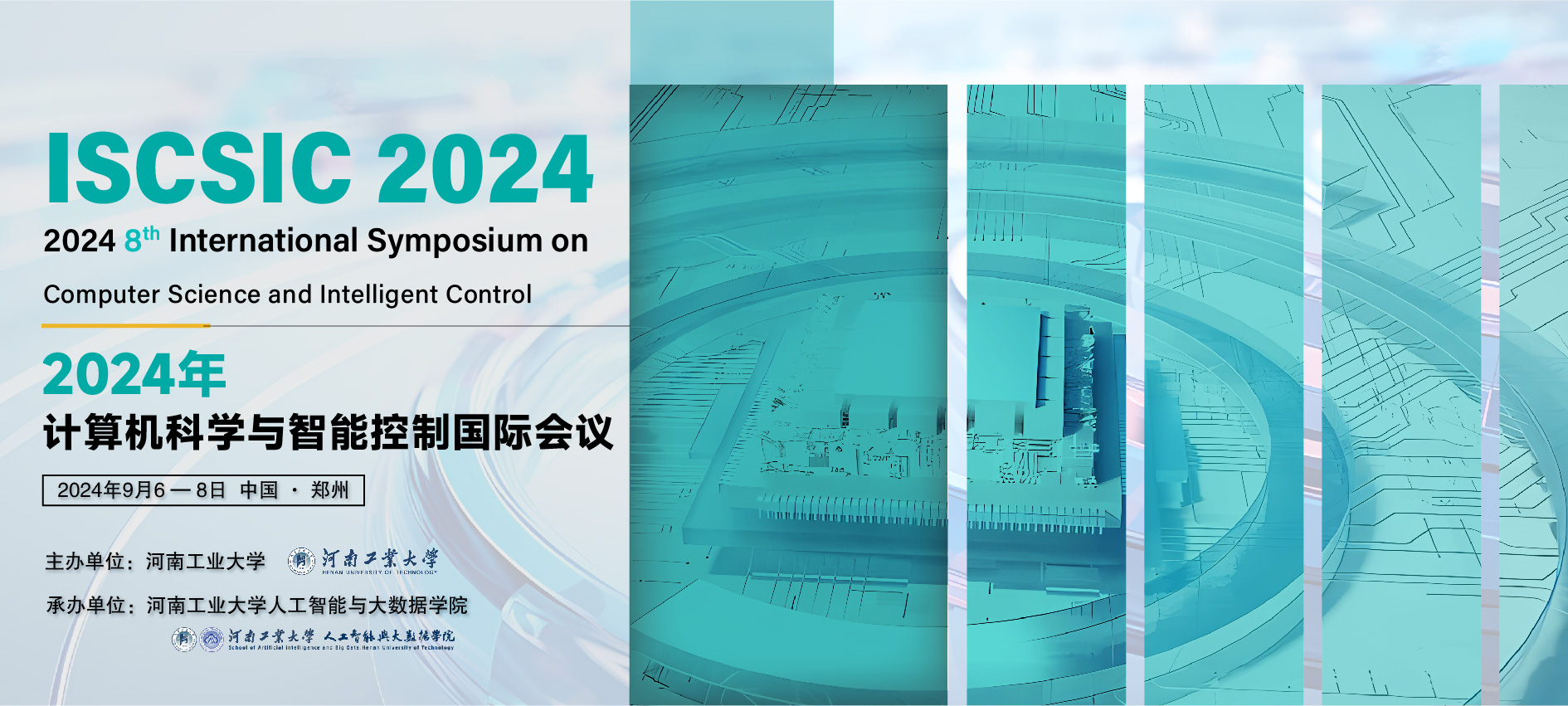Keynote Speaker Ⅰ
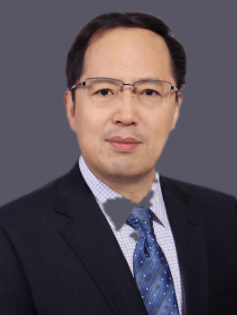
Prof. Guangren Duan
Academician of the Chinese Academy of Engineering
IEEE Fellow, IET Fellow
Title: Fully Actuated System Approach for Control---Sub-stability and sub-stabilization
Abstract: State-space models are convenient for solving out the state vectors (including their estimates and their infinite-time behaviour), but are not for the control vectors. Consequently, from the mid 1990, the state-space approach has encountered great difficulties when control of nonlinear systems was brought up. Apparently, there is no doubt that a model from which the control vector can be explicitly solved out would best perform the control. To solve a control problem, such a model for control is much more preferred to a state-space one. Inspired by the practical mechanical fully actuated systems, a type of extended FAS models are established, from which the control vectors can indeed be explicitly solved out. Eventually, a FAS approach, which is parallel to the well-known state-space one, has been proposed for general dynamical control system analysis and designs. The FAS approach has found its great power in dealing with control of complicated nonlinear dynamical systems, including time-varying nonlinear systems with time-varying delays, constrained systems and complex nonholonomic systems. In this talk, control of systems which can be converted into sub-FASs are treated, the concepts of sub-stability and sub-stabilization are introduced. Illustrative examples are presented to demonstrate the effect of the FAS approach for sub-stabilization.
Bio: Guang-Ren Duan received his Ph.D. degree in Control Systems Sciences from Harbin Institute of Technology, Harbin, P. R. China, in 1989. After a two-year post-doctoral experience at the same university, he became professor of control systems theory at that university in 1991. From December 1996 to October 2002, he visited the University of Hull, the University of Sheffield, and also the Queen's University of Belfast, UK. He is the founder and presently the Honorary Director of the Center for Control Theory and Guidance Technology at Harbin Institute of Technology. Recently, he has also established the Center for Control Science and Technology at the Southern University of Science and Technology (SUSTech) and is serving as the dean for the School of Automation and Intelligent Manufacturing at SUSTech. He is a Member of the Science and Technology Committee of the Chinese Ministry of Education, and has served as Vice President of the Control Theory and Applications Committee, Chinese Association of Automation (CAA), and Associate Editor of a few international journals. His main research interests include fully actuated system theories for nonlinear systems, parametric control systems design, descriptor systems, spacecraft control and magnetic bearing control, and he has published 5 books and over 450 SCI indexed publications. He is an Academician of the Chinese Academy of Sciences, and Fellow of CAA, IEEE and IET.
Keynote Speaker Ⅱ

Prof. Yang Shi
University of Victoria, Canada
Fellow of the Canadian Academy of Engineering, IEEE Fellow
Title: A Dual-Rate Hierarchical MPC Framework for Fault-Tolerant Control
Abstract: In the field of quadrotor control, there is a growing recognition of the need for achieving constraint satisfaction and optimal performance simultaneously. While model predictive control (MPC) is a promising approach, its sensitivity to model uncertainties and large computational demands pose challenges for its application in quadrotor systems requiring rapid update rates, particularly those with potential actuator failures. This talk will introduce an efficient solution: a dual-rate hierarchical adaptive Lyapunov-based MPC framework, designed for trajectory tracking control of quadrotors with unknown actuator faults. The dual-rate dual-loop architecture effectively reduces the computational burden without sacrificing control accuracy by sampling the outer-loop at a slower rate than the inner-loop, making it more practical for real-world applications. Additionally, the incorporated adaptive mechanism enables the quadrotor to compensate for unexpected actuator faults, ensuring stability and precise trajectory tracking.
Bio: Yang SHI received his B.Sc. and Ph.D. degrees in mechanical engineering and automatic control from Northwestern Polytechnical University, Xi’an, China, in 1994 and 1998, respectively, and the Ph.D. degree in electrical and computer engineering from the University of Alberta, Edmonton, AB, Canada, in 2005. From 2005 to 2009, he was an Assistant Professor and Associate Professor in the Department of Mechanical Engineering, University of Saskatchewan, Saskatoon, SK, Canada. In 2009, he joined the University of Victoria, and now he is a Professor in the Department of Mechanical Engineering, University of Victoria, Victoria, BC, Canada. His current research interests include networked and distributed systems, model predictive control (MPC), cyber-physical systems (CPS), robotics and mechatronics, navigation and control of autonomous systems (AUV and UAV), and energy system applications.
Dr. Shi received the University of Saskatchewan Student Union Teaching Excellence Award in 2007, and the Faculty of Engineering Teaching Excellence Award in 2012 at the University of Victoria (UVic). He is the recipient of the JSPS Invitation Fellowship (short-term) in 2013, the UVic Craigdarroch Silver Medal for Excellence in Research in 2015, the 2017 IEEE Transactions on Fuzzy Systems Outstanding Paper Award, the Humboldt Research Fellowship for Experienced Researchers in 2018; CSME Mechatronics Medal (2023); IEEE Dr.-Ing. Eugene Mittelmann Achievement Award (2023). He is IFAC Council Member; VP on Conference Activities IEEE IES and the Chair of IEEE IES Technical Committee on Industrial Cyber-Physical Systems. Currently, he is Co-Editor-in-Chief of IEEE Transactions on Industrial Electronics, and Editor-in-Chief of IEEE Canadian Journal of Electrical and Computer Engineering; he also serves as Associate Editor for Automatica, IEEE Transactions on Automatic Control, etc. He is a Distinguished Lecturer of IES.
He is a Fellow of IEEE, ASME, CSME, Engineering Institute of Canada (EIC), Canadian Academy of Engineering (CAE), and a registered Professional Engineer in British Columbia, Canada.
Keynote Speaker Ⅲ
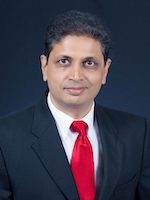
Prof. Ranka Sanjay
University of Florida
Fellow of the IEEE, AAAS and AAIA
Title: Leveraging AI for Smart Transportation
Abstarct: Mitigating traffic congestion and improving safety are the cornerstones of transportation within smart cities. Current practices collect and analyze data from sensors and video processing and then process it offline. Hence, they are limited in proactively reducing traffic fatalities and preventable delays at intersections. We are developing real-time artificial intelligence algorithms and software to analyze video feeds from cameras and fuse them with ground sensor data to develop deep learning based digital twins that mimic traffic behavior both at an intersection and at the city level. We are also using the resultant output to develop technologies that will quantitatively measure and rank intersections by safety, to transmit information about unsafe behavior to connected vehicles and pedestrians in real-time to prevent accidents, and to optimize signal timing to reduce congestion. Each of these advances are presently being field tested at intersections in the City of Gainesville and in Seminole County. The overall effort is geared toward developing transportation solutions for leading edge 21st century smart cities.
Bio: Prof. Sanjay Ranka is a Distinguished Professor in the Department of Computer Information Science and Engineering at University of Florida. From 1999-2002, as the Chief Technology Officer at Paramark (Sunnyvale, CA), he developed a real-time optimization service called PILOT for marketing campaigns. PILOT served more than 10 million optimized decisions a day in 2002 with a 99.99% uptime. Paramark was recognized by VentureWire/Technologic Partners as a Top 100 Internet technology company in 2001 and 2002 and was acquired in 2002. The focus of his current research is the development of efficient computational methods and data analysis techniques to model scientific phenomenon, and practical applications of focus are improvements to the quality of healthcare and the reduction of traffic accidents. A core aspiration of his research is to develop novel algorithms and software that make an impact on the application domain, exploiting the interdependence between theory and practice of computer science.He is a fellow of the IEEE, AAAS and AAIA (Asia-Pacific Artificial Intelligence Association) and a past member of IFIP Committee on System Modeling and Optimization. He won the 2020 Research Impact Award from IEEE Technical Committee on Cloud Computing. He was awarded the 2022 Distinguished Alumnus Award from Indian Institute of Technology, Kanpur. He is an associate editor-in-chief of the Journal of Parallel and Distributed Computing and an associate editor for ACM Computing Surveys, IEEE/ACM Transactions on Computational Biology and Bioinformatics, Sustainable Computing: Systems and Informatics, Knowledge and Information Systems, and International Journal of Computing. Additionally, he is a book series editor for CRC Press for Bigdata.
Keynote Speaker Ⅳ
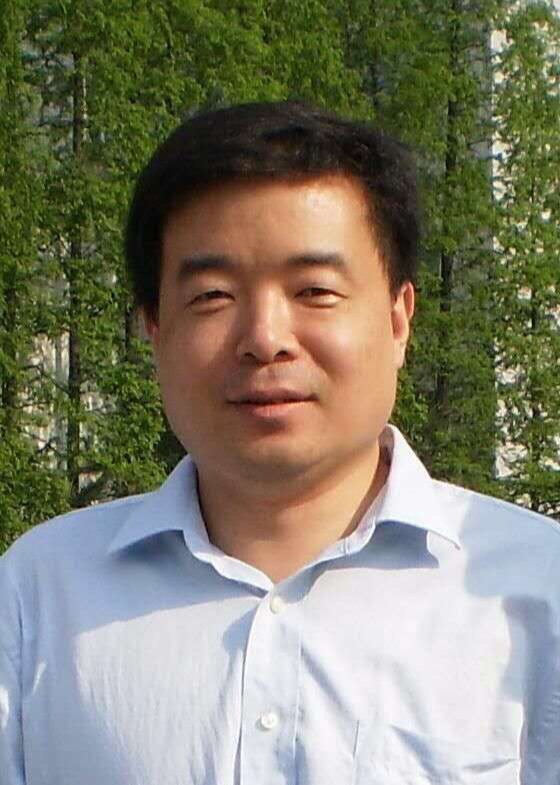
Prof. Long Wang
Institute for Artificial Intelligence, Peking University
Title: Game-theoretic approach to collective intelligence
Abstarct: Evolutionary game dynamics on complex networks consist of three components: games, network structures, and strategy updating rules. Games define the set of individual strategies and the mapping from strategy profiles to payoffs; network structures indicate who can interact with whom; strategy updating rules specify how individuals use their own and social information to determine their future strategies. As is well known, the evolutionary outcomes of such feedback dynamical systems induced by imitation-based update rules are sensitive to model characteristics, such as network structures and ways of imitation. Consequently, it is often difficult to generalize conclusions under imitation-based update rules across different models (Ohtsuki, et al. Nature, 2006;Allen, et al. Nature, 2017). By contrast, self-evaluation-based update rules are shown to generate invariant evolutionary outcomes on both complete and regular graphs. In this talk, I will introduce our recent work on evolutionary dynamics under self-evaluation-based update rules (namely, aspiration dynamics) over arbitrary weighted networks (Zhou, Wu, Du, and Wang. Nature Communications, 2021). We prove that under mild conditions, aspiration dynamics generate invariant evolutionary outcomes for any type of weighted networks, any distribution of aspiration values, and for individualized ways of self-evaluation. In other words, aspiration dynamics generate robust predictions for heterogeneous feedback systems. Our theoretical derivation and numerical simulations reveal the intrinsic difference between imitative and aspiration dynamics, highlighting the advantage of generating robust predictions under aspiration dynamics.
Bio: Long Wang was born in Xi’an, China. He received the B.E. degree from Tsinghua University, Beijing, in 1986, and the Ph.D. degree from Peking University, Beijing, in 1992, both in dynamics and control. He has held research positions at the University of Toronto, Canada, and the German Aerospace Center, Munich, Germany. He is currently the Cheung Kong Chair Professor of Dynamics and Control, and the Director of Center for Systems and Control of Peking University. His research interests include complex networked systems, evolutionary game dynamics, artificial intelligence, and bio-mimetic robotics.

